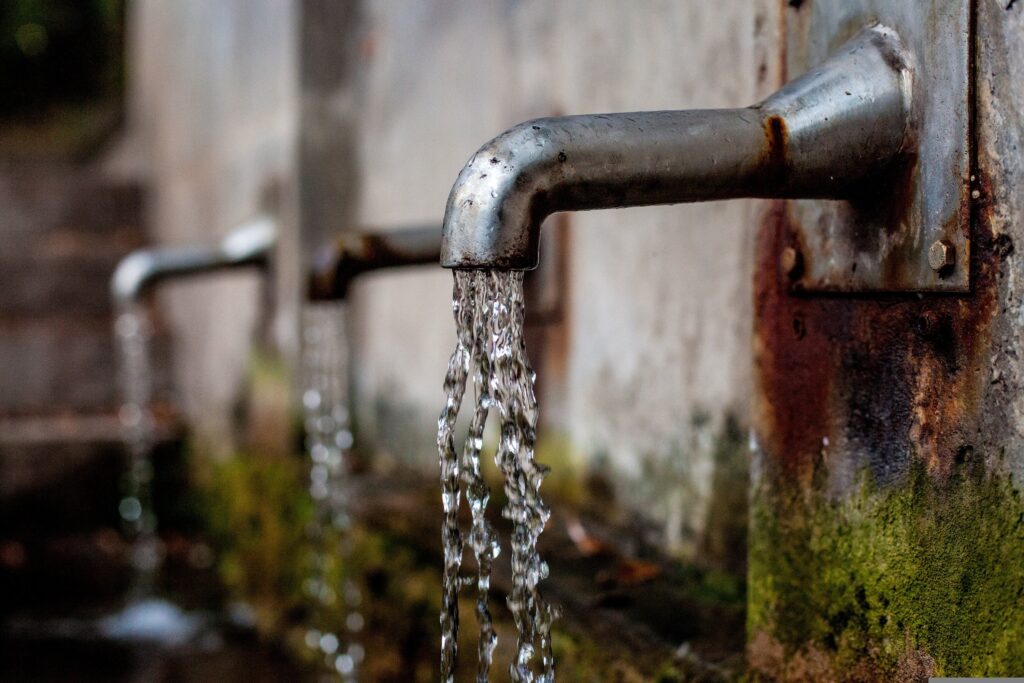Regions at the Forefront: Protecting Water as a Public Good – A Personal Reflection

DOI reference: 10.1080/13673882.2025.12518449
By Dr. Elena Sadovnikova, Independent expert, RSA member (email)
Water has always been the foundation of human settlement and regional development. Historically, civilisations thrived where water was abundant, shaping urban centres, agricultural landscapes, and industrial economies. Yet today, across many regions, access to clean, affordable drinking water is becoming increasingly precarious, posing significant challenges for local communities, governance structures, and sustainable development.
While global conversations around water scarcity are intensifying, the real battleground lies at the regional and municipal levels. Water resources are under mounting pressure from urban expansion, industrial demand, climate change, and privatisation efforts that threaten equitable access. In some regions, drinking water quality is declining due to pollution and inadequate infrastructure investment. Privatisation and commodification increase costs, making water less accessible to vulnerable populations.
Regional authorities play a crucial role in managing these challenges. However, many face governance gaps, financial constraints, and policy fragmentation that hinder effective water management. Water scarcity risks deepening inequalities and fuelling socio-economic instability without coordinated regional action.
From Privatisation to Public Stewardship
A key concern is the increasing trend of water commodification, where access to clean drinking water is treated as a marketable good rather than a fundamental human right. While private sector involvement in water management can bring efficiency gains, excessive market control has led to monopolisation, rising costs, and disparities in service provision. This is particularly concerning in regions where economic hardship exacerbates water insecurity.
The alternative? A shift toward regional public stewardship of water resources. Regional and municipal governments must reclaim their role as key actors in water governance, ensuring that essential water services remain accessible, affordable, and sustainable. This requires a strategic, multi-stakeholder approach:
- Public Sector Investment in Water Infrastructure – Regional governments must advocate for increased public investment in water purification, distribution, and conservation technologies to ensure long-term sustainability.
- Stronger Regional and Cross-Border Cooperation – Watersheds and river basins often span multiple administrative boundaries. Collaborative regional water management frameworks can help balance competing demands while preserving ecological integrity.
- Legislative Protections for Water as a Public Good – Regional and national policies should reinforce water as a fundamental right, limiting excessive market control and price speculation.
- Community-Led Water Governance – Local initiatives, from citizen-led water monitoring to participatory decision-making processes, are vital in ensuring transparency and accountability in water management. Your participation is crucial.
- Regional Climate Adaptation Strategies – Climate change exacerbates droughts, floods, and seasonal water shortages. Regions must develop adaptive policies integrating water conservation, resilience-building, and ecosystem protection.
International Momentum and Regional Action
Global frameworks, such as the United Nations’ recognition of water rights (UN General Assembly Resolution 64/292, 2010), set vital legal and ethical benchmarks. The OECD and recent discussions at the 10th World Water Forum in Bali highlight the urgency of fair and sustainable water resource management. However, translating these international commitments into actionable policies requires strong regional governance.
We expect a close international approach to considering problems and proposals on sustainable water supply, which is the most pressing global issue. For example, the OECD Infrastructure Management Conference in April 2025 in Paris was dedicated to building certified global infrastructures that meet the highest standards of sustainability and cost-effectiveness. Unfortunately, the stated issues were considered only from the point of view of attracting investments in environmental infrastructure. The regional component in the proposed management system was not considered. At one of the conference sessions, an attempt was made to analyse citizens’ participation in the proposed infrastructures. However, the personal actions of individual citizens are not sufficiently representative, unlike regional approaches, which are significant, but these approaches have not been, regretfully, used.
The session where the reform of existing infrastructures to meet global challenges was discussed was the right place to examine new approaches to water infrastructures, taking into account regional approaches, but this also did not happen. Thus, we would like to emphasise again the need to include the regional agenda at the highest levels of discussion of global innovations that enhance sustainability and efficiency. It would be perfect if the best experts and authorities of the world would take the regional experience seriously in their meetings, preventing problems jointly, including water issues.
Regions must advocate for their water rights and actively implement localised solutions, safeguarding water as a public resource. Water scarcity and inequitable access are not just environmental or economic issues—they are regional challenges that demand immediate and concerted action.
As the world faces growing uncertainties, water security must be elevated as a central pillar of regional development. The time to act is now, ensuring that every community has fair and sustainable access to life’s most essential resource: water.
Additional Reading by Dr. Elena Sadovnikova
Sadovnikova, E ( 2023). A Personal Reflection on the Sustainability of Regions. Regions e-Zine, Regio